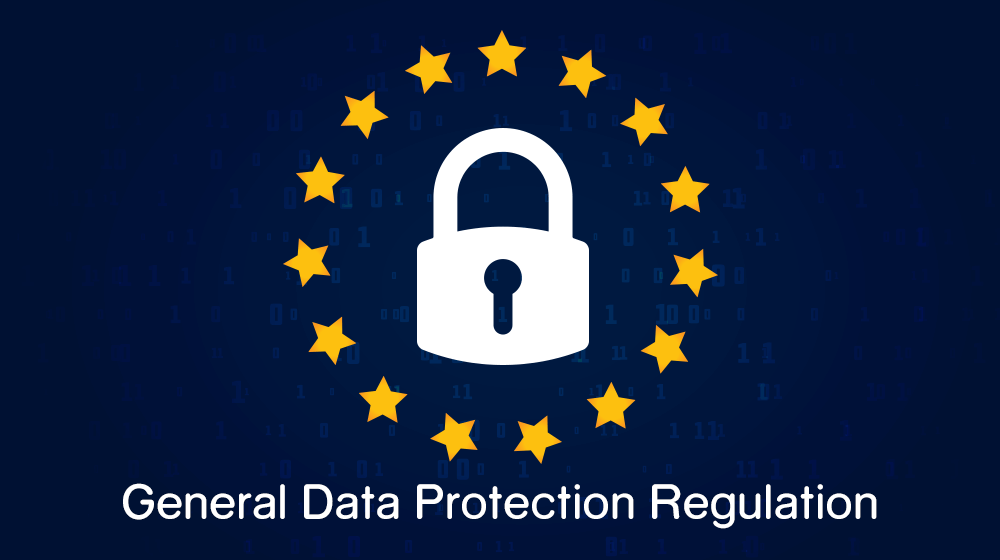
The Evolution of GD
January 2012 was the year when European Commission passes out their predefined plans for data protection reforms all across the European Union (EU) in order to make it easy for Europe to adjust ell with the digital age. One of the most important elements of the reforms was the introduction of General Data Protection Regulation (GDPR). This is applicable in the entire state and also for individuals and businesses.
What is GDPR?
GDPR stands for General Data Protection Regulation. It is a defined set of rules which has been specifically designed taking into consideration the citizens so as to enable them to get control and hold over their data. In addition to this, one of the objectives of GDPR was also to provide an ease in the regulatory environment not only for business for also for the citizens so that they can get maximum benefits from the digital economy.
Data is a very crucial aspect in our life. Almost each and every service used by all of us involves collecting and analysing our personal data. All our personal data is being collected and reserved by the organisation.
The reason behind introduction of GDPR
There are two major reasons behind the introduction of GDPR. First EU’s foremost motive was to enable the people to get complete control over their personal data. There were certain internet and cloud technology who were involved in exploiting the data against which actions were taken by the current legislation and GDPR. Thus, GDPR has worked with the motive of strengthening data protection legislation and enforcing various measures to provide complete protection of data.
Secondly, EU operated with the motive of creating an easy and flexible environment for the business so as to make it easy for them to operate and giving identity to data protection law throughout the single market.
The Compliance of GDPR
Under the GDPR terms, the organization who undergoes the process of collecting and analyzing data have to assure that the personal data is gathered legally considering all the terms and conditions. Also those who collect and manage the data will have to ensure to provide complete protection to it and avoid any misuse or exploitation of the data. If anything against the laws will be done by anyone, they will have to pay high penalties.
Whom does GDPR apply to?
All the organizations working under EU are the ones whom the GRPR applies to. Also the organizations involved in offering goods and services to the customers and are working outside EU are also the ones whom the GDPR applies. All the major organizations have to prepare themselves when GDPR will be introduced in the market.
Apart from this, two different parties of data handlers, the Controller and Processors of the data also need to abide by the GDPR.
When will GDPR come into Enforcement?
GDPR will come into enforcement in the European Union from 25th May, 2018 onwards. GDPR already got an approval in April 2016 after 4 years of preparations and debates. The official texts and regulations of the directive was then published in all the official languages of the EU in May 2016.






